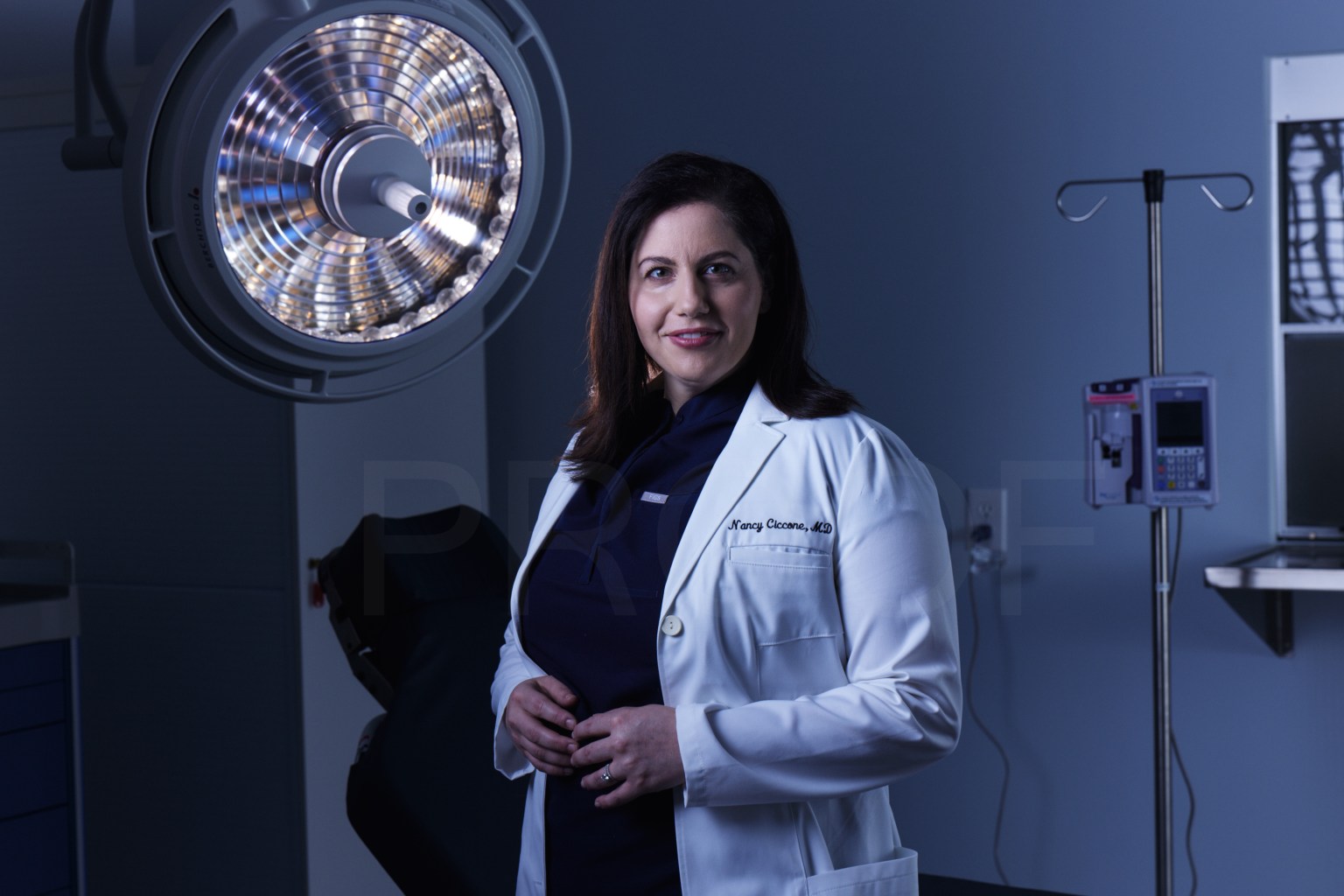How Caribbean Medical Schools Prepare Students for Clinical Rotations in the U.S.
02/04/2026Discover your pathway to medical rotations, residency and practice in North America.
Read MoreGet to know MUA at an upcoming event!

Find the latest blogs from MUA such as student life, careers and residencies, business and industry insights information here.